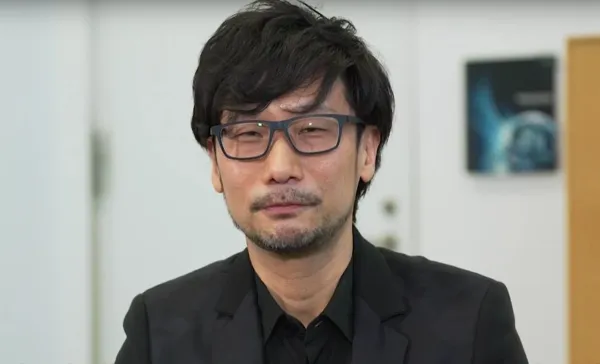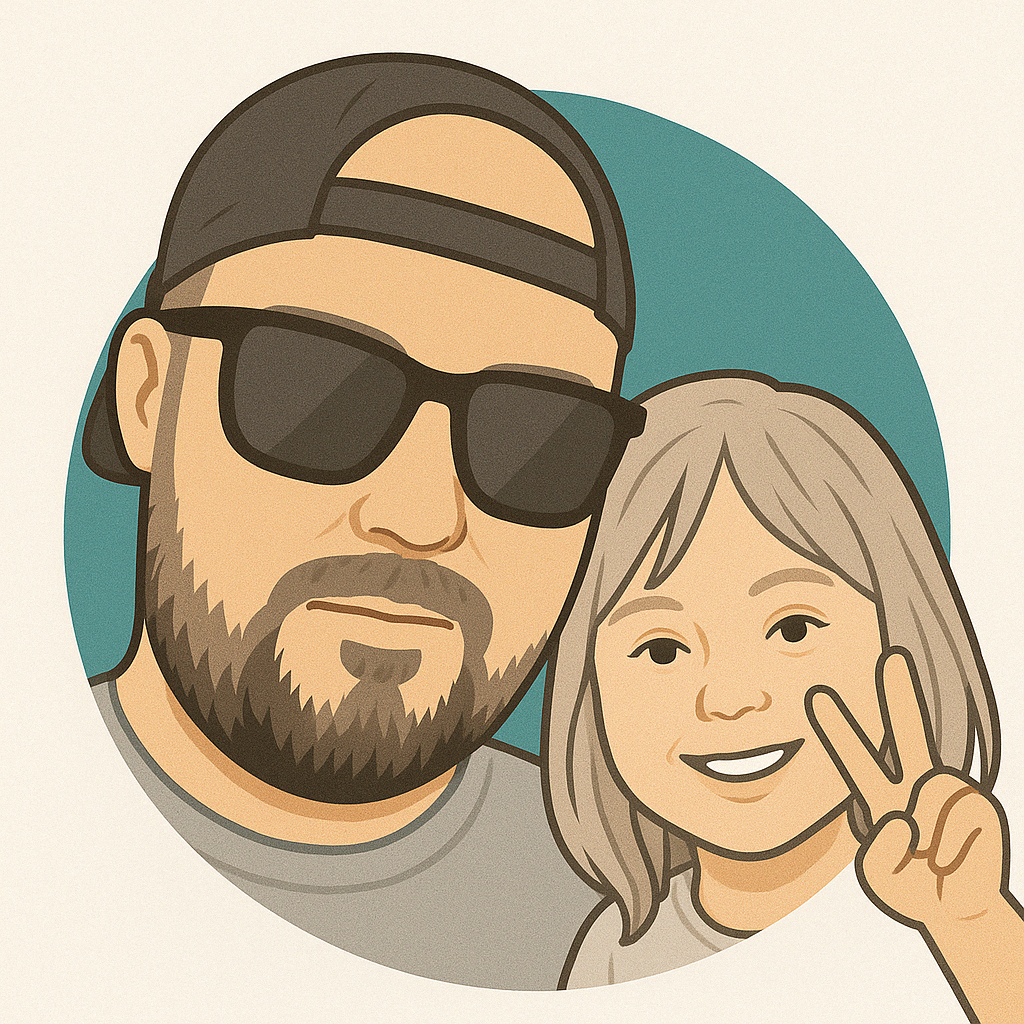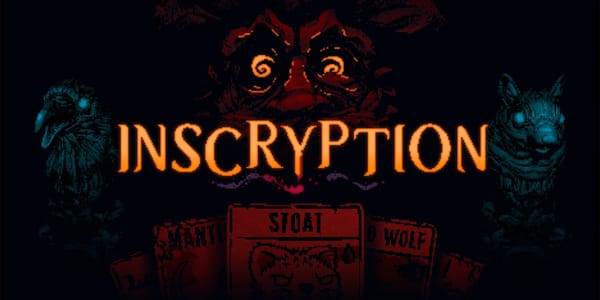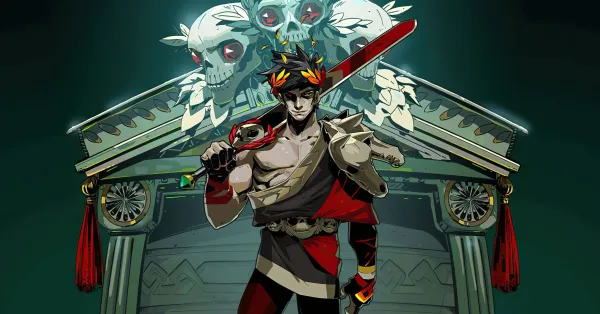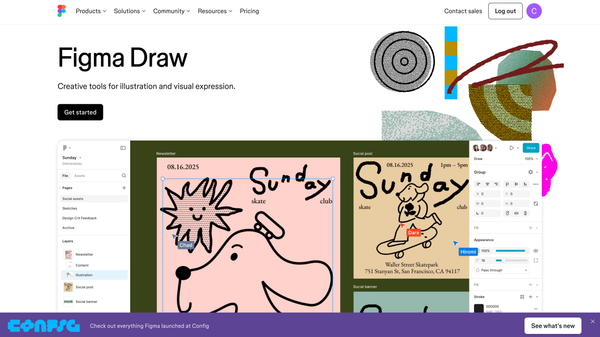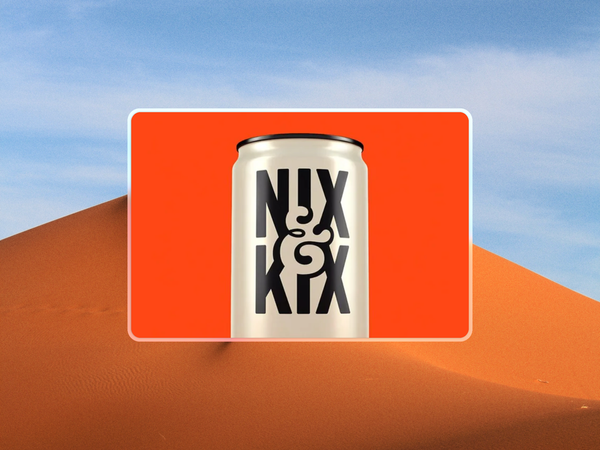I still remember the first time I encountered the fourth wall break in Metal Gear Solid. Psycho Mantis told me to place my controller on the floor, and then made it vibrate with his "psychic powers."
Later, when I couldn't defeat him by normal means, the game forced me to physically unplug my controller and insert it into the second port to bypass his mind-reading abilities. It was the moment I realized Hideo Kojima doesn't just create games, he creates experiences that spill beyond the screen into our physical reality.
That's why when I read about Kojima's latest conceptual brainchild—a "forgetting game" where your character gradually loses their memories and abilities if you don't play regularly—I wasn't surprised, but I was deeply intrigued.
Once again, Kojima is finding ways to make the boundary between game world and real world wonderfully porous.
The Memory That Fades
During a recent episode of his KOJI10 podcast, Kojima revealed this concept that turns traditional game design on its head. While most games patiently wait for your return, saving your progress indefinitely, Kojima's "forgetting game" would actively deteriorate if neglected.
Take a few days away, and your character might forget how to use their weapon. A week's absence could mean they forget crucial story information or their mission objectives.
Leave it too long, and they might even forget how to move, rendering the game essentially unplayable without starting fresh.
On a recent episode of his KOJI10 podcast, Hideo Kojima—the mind behind Metal Gear and Death Stranding—talked through a few game concepts tied to time
"Players would have to take a week off work or school to play it," Kojima joked, though the comment reveals something profound about how we engage with games. Most titles accommodate our busy lives, but this concept asks: what if a game demanded the same commitment we give to real-world relationships and skills?
It reminds me of learning piano as a child—skip practice for a month, and suddenly Chopin feels foreign under your fingertips. There's something beautifully human about this kind of forgetting.
It's not a punishment so much as a reflection of how memory and skill actually work in our brains.
Time as Material
This isn't Kojima's first dance with real-world time as a game mechanic. In Metal Gear Solid 3, food would rot if left too long, and the elderly sniper The End would literally die of old age if players waited a week between sessions. These weren't just clever gimmicks but meaningful expressions of time's passage and mortality.
Kojima also revealed he had planned for Sam's beard to grow in real-time in Death Stranding 2, requiring players to periodically shave it—an idea scrapped only because he "didn't want to make Norman Reedus look uncool."
It's these small, human details that make Kojima's games feel alive rather than just programmed.
What fascinates me most about the "forgetting game" concept is how it challenges our relationship with games as escapism. Most games offer worlds that pause obediently when we're away, but this would create a world that continues to evolve—or rather devolve—in our absence.
There's something almost melancholic about returning to find your character diminished, their skills atrophied, their memories faded like old photographs.
The Mindfulness of Play
In a gaming landscape drowning in backlog anxiety, where we accumulate games faster than we could ever hope to play them, Kojima's concept offers a radical alternative.
It would be impossible to add a "forgetting game" to your ever-growing pile of shame—it would demand presence and attention, like a meditation practice or a bonsai tree that requires regular care.
This strikes me as quintessentially Kojima: using game mechanics not just for fun or challenge, but to make us reflect on deeper aspects of our humanity. In this case, it's about commitment, memory, and the passage of time.
Would such a game be commercially viable? Kojima himself doesn't seem convinced, noting "no-one would buy it!" But I'm not so sure. In a world of endless content competing for our attention, there's something refreshing about an experience that asks for dedication rather than just consumption.
The truth is, we already live in a world of "forgetting games." Our real-life skills and relationships deteriorate without maintenance. Our memories fade when not revisited.
Perhaps Kojima's concept is less a radical departure from gaming conventions and more a radical embrace of life's fundamental truth: presence matters, and what we don't nurture, we lose.
While we may never see this particular concept come to life, Death Stranding 2: On The Beach arrives on June 26. And knowing Kojima, it will undoubtedly find other innovative ways to blur the lines between the digital and the real, between play and life, between the time we spend in games and the time that shapes us as humans.


